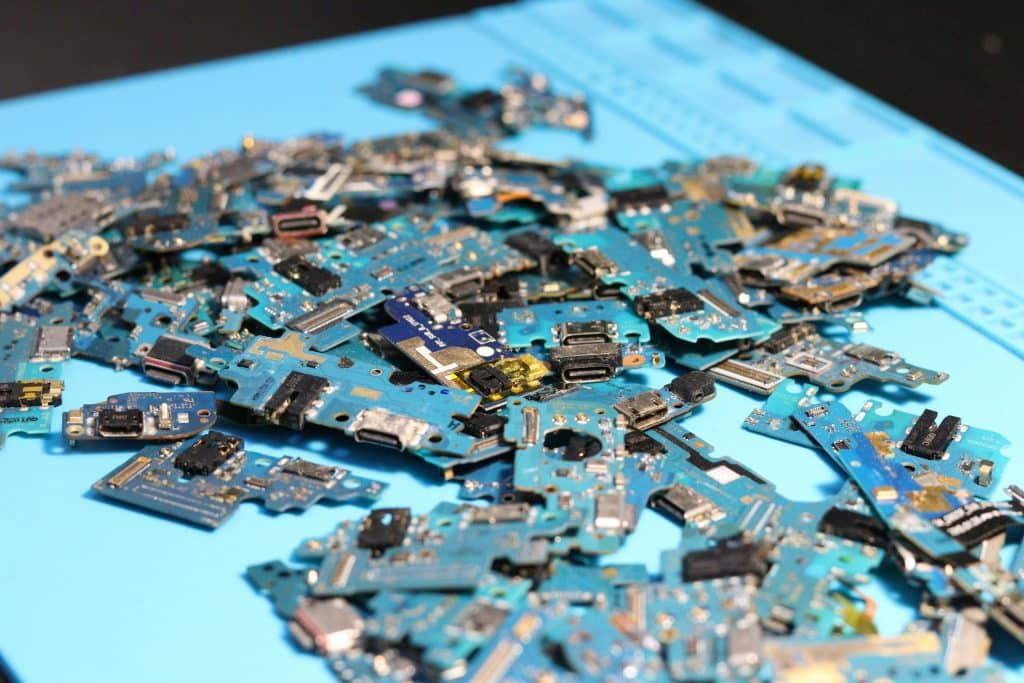On 14 November 2025, the CNRS published a collective expertise on rare earths. Clément Levard, Research Director at CEREGE, explains why these metals, which are essential to the energy transition, are at the heart of sovereignty issues, and how Europe could secure its supply.
Rare earths, key to the energy transition and everyday life
Rare earths are a group of 17 chemical elements with unique properties - optical, magnetic and catalytic - that are essential to modern technology. They are used in electric and hybrid cars, wind turbines, smartphones, screens and light bulbs. According to Clément Levard, global demand is doubling every six years, reflecting their crucial role in the energy transition. Yet extracting them is complex: they are always associated with ores, requiring energy-intensive and polluting processes, generating radioactive waste and considerable social impacts. France has no exploitable deposits, and Europe remains highly dependent on China, which controls most of the world's production and refining.

Vlad / Unsplash
Reduce, recycle, produce differently: European levers
Faced with this Chinese monopoly, the CNRS collective report identifies three ways of strengthening European sovereignty: reducing consumption, recycling rare earths and developing more responsible extraction. Technological substitution is sometimes possible: optimising electric vehicle motors can reduce the use of permanent magnets. Sober use - car-sharing, increasing the number of passengers - is also an avenue being explored. Recycling offers great potential, but remains limited by the dispersion of rare earths in objects and the low economic return. Currently, less than 1 % of rare earths are recycled, despite promising initiatives such as the MagREEsource start-up in Grenoble.
The social and environmental challenges of new sources
The exploration of new deposits, whether in Europe or on the French seabed, raises technical, economic and environmental issues. Pascale Ricard points out that relocating mines requires democratic debate and consideration of the social and environmental impacts. Alternatives include secondary resources derived from industrial waste, but these are less concentrated than primary sources. So the solution lies in a holistic approach: «reduce, recycle and produce differently». France and Europe need to combine these strategies to secure supplies, while limiting the environmental and social impact.
Rare earths are not just strategic metals: they shape our everyday lives and our energy transition. Their extraction, use and recycling pose major scientific, industrial and societal challenges. According to Clément Levard, only a combination of sobriety, recycling and responsible production will be able to reduce French and European dependence on these elements, which are essential to the future of technology and energy.

